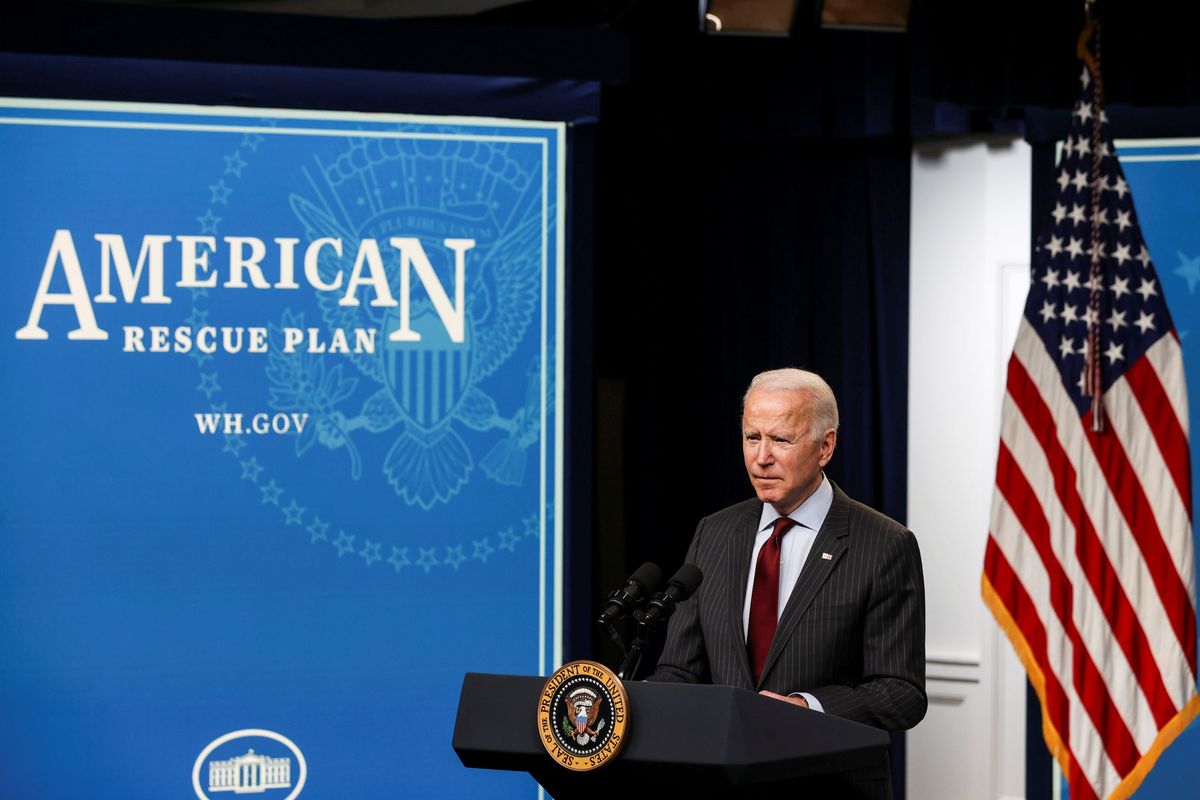The Biden administration’s changes to the Paycheck Protection Program

A few minutes every morning is all you need.
Stay up to date on the world's Headlines and Human Stories. It's fun, it's factual, it's fluff-free.
Under the program, billions of federal dollars are dedicated to small businesses, enabling them to keep their staff employed. However, since its initial passage, a lack of transparency and concerns over equity have revealed flaws in the program.
The Paycheck Protection Program (PPP) was passed as part of bipartisan legislation meant to keep Americans working while businesses were shut down. Under the program, billions of federal dollars are dedicated to small businesses, enabling them to keep their staff employed. However, since its initial passage, a lack of transparency and concerns over equity have revealed flaws in the program.
Unequal burden
The PPP passed through Congress with bipartisan support as part of the Coronavirus Aid, Relief, and Economic Security (Cares) Act, but just weeks later the program came under fire when the Small Business Administration (SBA) refused to release the names of the millions of small businesses that had received loans and the exact amount they had received.
This led watchdog groups to worry that loans had fallen into the hands of Super PAC businesses or companies with close government ties.
On April 24, 2020, The Washington Post filed a Freedom of Information Act request for loan records, which the SBA failed to respond to. The Post and 10 other news organizations eventually sued, forcing the administration to release their information.
After the SBA released the names of loan recipients, it was revealed that loans that had been designed to go to small businesses had instead gone to large, private-equity backed chains and businesses owned by members of Congress.
The revelation that Project Veritas, a conservative journalism group, had received over US$500,000 dollars infuriated many high-ranking and popular congressional members of the left, including Representative Alexandria Ocasio-Cortez.
Ocasio-Cortez and others complained that the money was not reaching those who truly needed it, specifically, communities of color, which have been hit hardest by the pandemic both in terms of higher infection rates and deaths but also because of the many minority-owned small businesses that have been forced to close over the past year.
Studies have also found that federal support has been distributed unequally.
In a survey released in December 2020 by Reimagine Main Street, only 29% of Black business owners applying for PPP funding had received support, compared with 60% of white business owners who’d requested financial assistance under the program.
Biden’s changes
As a result of these issues, the Biden administration worked to address the program’s greatest flaws, implementing changes aimed at making accessing PPP funds easier for small businesses and granting access to the program to many businesses that had previously been ineligible.
On February 22, President Joe Biden announced a series of changes in order to address equity concerns, the first being that the program would open an exclusive application period for businesses and nonprofits with fewer than 20 employees.
In addition, the original plan failed to offer assistance to small business owners who had prior non-fraud felony convictions. To rectify this, the Biden administration implemented the Second Chance Act, a bipartisan effort to remove restrictions for people on parole.
“Congress created PPP to help all small businesses keep their employees on payroll,” said Senator Rob Portman, a Republican from Ohio, “and there is no reason why a business owned by someone with an unrelated criminal record should be treated any differently.”
Portman introduced the Second Chance Act with fellow Republican Senator James Lankford and Democratic Senators Ben Cardin and Cory Booker.
While the original program was off limits to business owners who had defaulted on their student loans in the last seven years, the Biden administration’s modification will provide loan access to these business owners.
The program is also now available to noncitizen lawful residents. Previously, it was unclear whether the program would apply for Green Card holders or those in the United States on a visa.
In an announcement, the White House stated, “The SBA will issue clear guidance in the coming days that otherwise eligible applicants cannot be denied access to the PPP because they use ITINs to pay their taxes.”
Furthermore, to address the abuses that may have taken place previously under the PPP, loan application approval is now contingent on passing SBA fraud checks, a stipulation not previously required. Additionally, the application for the PPP has been changed in order to “encourage self-reporting of demographic data and better illustrate the impact the PPP is having across various population segments.”
Have a tip or story? Get in touch with our reporters at tips@themilsource.com




Comments ()